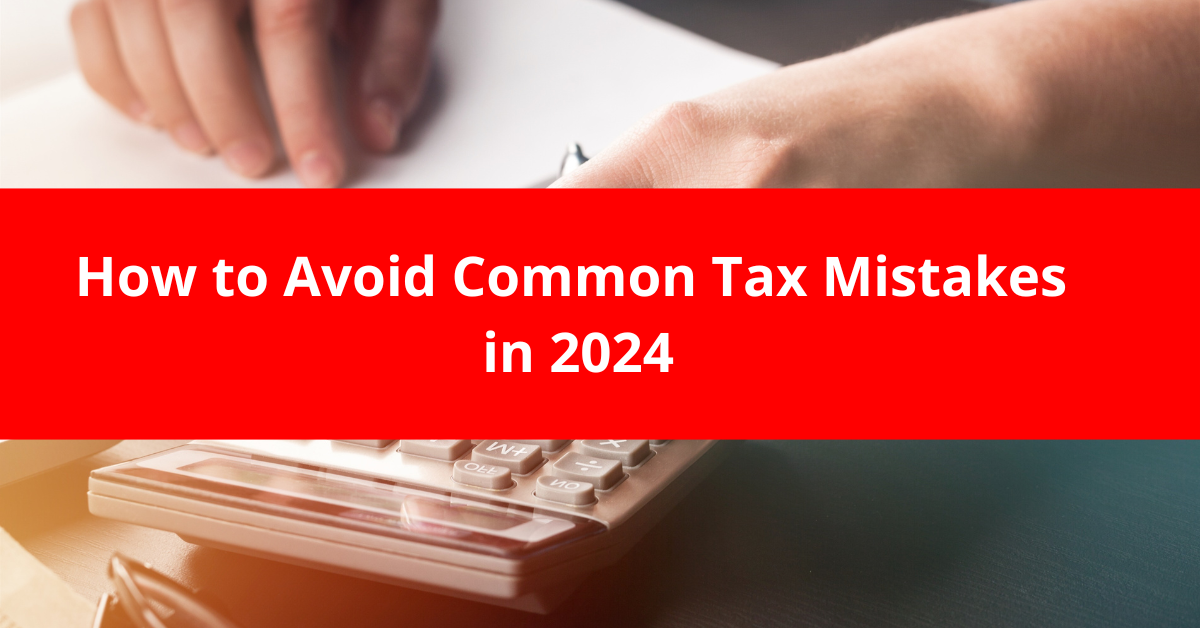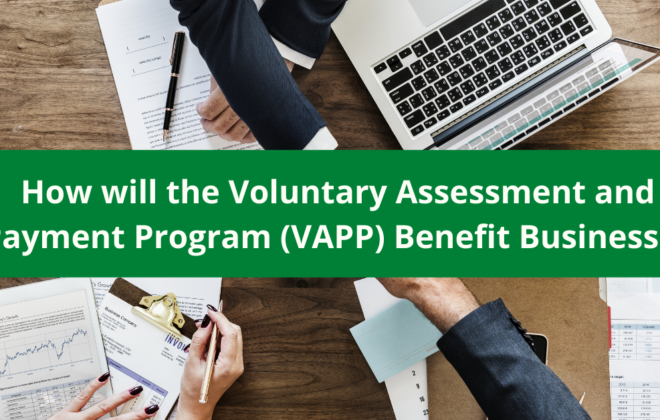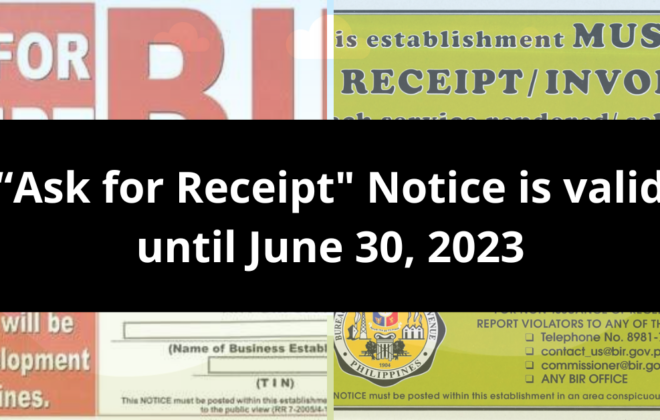How to Avoid Common Tax Mistakes in 2024
Tax compliance can be a tricky maze to navigate, especially with changing regulations and deadlines. Many Filipinos, whether individual taxpayers or businesses, fall into the trap of making mistakes that can lead to penalties or legal trouble.
In 2024, the Bureau of Internal Revenue (BIR) continues its crackdown on non-compliant taxpayers, making it even more crucial to avoid these pitfalls.
Anyway, here are the most common tax mistakes and some tips on how to avoid them:
1. Missing Filing Deadlines
One of the most frequent errors is simply missing the filing deadlines. Whether it’s your annual income tax return, monthly VAT, or quarterly percentage tax, the BIR has strict deadlines for every tax type.
How to Avoid:
- Set Reminders: Mark all-important tax deadlines on your calendar or use apps that can send you reminders.
- Hire an Accountant or Tax Advisor: They can help keep track of deadlines and ensure all forms are properly filed. Get the services of DJKA Business Services, Inc. to manage all your tax requirements.
- File Early: Avoid the rush and the potential for technical issues on the BIR e-filing system by filing your taxes well before the deadline.
2. Failure to Keep Accurate Records
A major mistake, especially for small business owners, is failing to keep accurate and complete records of financial transactions. This not only affects your ability to file correct tax returns but also opens you up to scrutiny during BIR audits.
How to Avoid:
- Use Accounting Software: Invest in affordable accounting software or apps that can help you keep your books in order.
- Hire a Bookkeeper: If managing your own records seems overwhelming, a professional bookkeeper can ensure that all your income and expenses are properly documented.
- Regular Audits: Do a periodic review of your records to ensure that everything is up-to-date and accurate.
3. Underreporting Income
Some taxpayers either unintentionally or intentionally underreport their income to reduce their tax liability. This can lead to serious penalties, including criminal charges for tax evasion.
How to Avoid:
- Declare All Income: Even if you have multiple sources of income, such as freelance work or side businesses, make sure that all income streams are declared.
- Be Honest with Your Accountant: If you work with an accountant, be transparent about all your earnings to avoid problems down the line.
4. Overlooking Deductible Expenses
Many taxpayers either forget to deduct allowable expenses or fail to document them properly, leading to higher taxable income than necessary.
How to Avoid:
- Know What’s Deductible: Familiarize yourself with deductible expenses under the tax law, such as business expenses, operational costs, and specific deductions for freelancers and professionals.
- Keep Receipts and Documentation: Properly document all expenses that you want to claim as deductions. BIR may ask for proof during an audit.
5. Incorrectly Filing as a VAT or Non-VAT Taxpayer
The BIR categorizes businesses as either VAT (Value Added Tax) or Non-VAT taxpayers based on annual gross sales or receipts. Misclassifying your business can lead to incorrect tax filings and penalties.
How to Avoid:
- Assess Your Business Properly: Determine if you’re eligible for VAT or if you should remain as a non-VAT taxpayer. In general, businesses with annual gross sales of P3,000,000 or more are required to register for VAT.
- Consult a Tax Professional: A tax advisor can help you evaluate the best classification for your business. DJKA Business Services, Inc. has a team of experts who will help you navigate tax compliance with ease.
6. Failing to Register or Update Business Information with the BIR
Another common mistake is failing to register a new business or neglecting to update changes in business information, such as the business address or change of ownership.
How to Avoid:
- Register Immediately: If you’re starting a new business, register it with the BIR as soon as possible to avoid fines.
- Keep Information Up to Date: Always update your business details with the BIR if there are any changes. You can file an application to update registration information at your RDO (Revenue District Office).
7. Ignoring BIR Notices
Some taxpayers tend to ignore notices from the BIR, whether it’s a simple inquiry or a demand letter. Ignoring these notices can escalate the situation and result in further penalties or even legal actions.
How to Avoid:
- Respond Promptly: Always respond to any notices you receive from the BIR. Even if you believe the notice is a mistake, it’s important to clarify the situation as soon as possible.
- Seek Legal or Professional Advice: If you’re unsure how to respond to a BIR notice, consult with a tax lawyer or accountant who can guide you through the process.
8. Using Incorrect Tax Forms
Finally, using the wrong tax form is a common error that can delay your filing and may even result in penalties.
How to Avoid:
- Verify Forms: Always check the BIR website or consult your accountant to ensure that you’re using the correct forms for your tax type.
- Use eBIR Forms or eFPS: The BIR’s online systems like eBIR Forms and eFPS (Electronic Filing and Payment System) can help ensure you’re using the correct forms for your filing.
Stay Tax-compliant to Avoid Unnecessary Penalties
Paying taxes is an essential part of living and doing business in the Philippines. By avoiding these common tax mistakes and staying up-to-date with current tax laws, you can ensure that you remain compliant and avoid unnecessary penalties.
Don’t hesitate to seek professional advice when needed, and remember that proper planning and diligence can save you both time and money in the long run.
Our team at DJKA Business Services provides end-to-end assistance for all your accounting, bookkeeping, and tax compliance needs. Feel free to send us an email at info@djkaaccounting.com for more details.
Related Posts
Recent Posts
- New Features and Functionalities of the Online Registration and Update System (ORUS)
- A Comprehensive Guide to Taxation for Freelancers in the Philippines
- New Tax Laws in 2024: What Changes Filipino Taxpayers Should Prepare For
- How to Avoid Common Tax Mistakes in 2024
- Tax Deductions and Benefits Often Overlooked by Filipino Taxpayers





